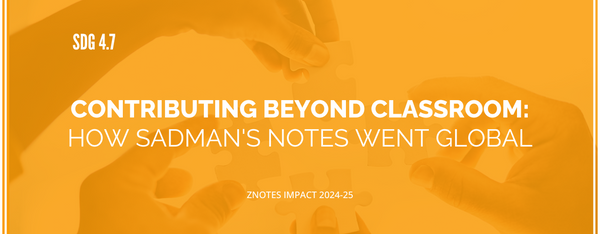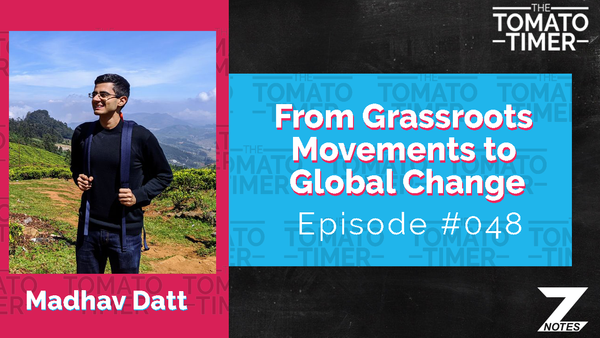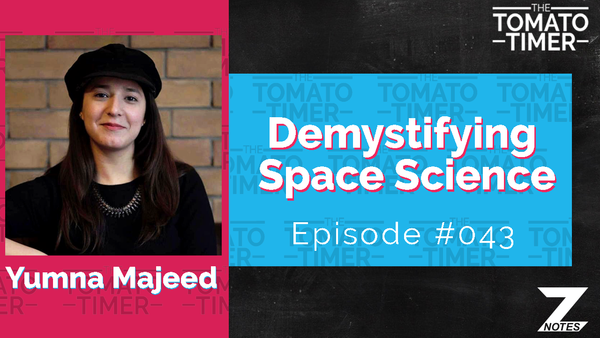TTT #57: "Think Global, Act Local" with Ludovico Caminati Engström
Activism is hard. You devote all you have just for a cause you believe in, hoping to mobilize people to fight for change and join your struggle. In many cases, you may not be successful, and sometimes, you may not be able to quantify your impact or figure out if you can create some. Yet, your belief and passion towards your goal keep you going. Being the founder and president of Global Justice Stirling, Ludovico Caminati's experiences working towards social and environmental justice have been no different.
As a third-year International Politics student at the University of Stirling, Ludo talks about how his education plays a role in his activism. Amongst other things, he speaks of his realization of the significance of intersectionality in his work. For Ludo, intersectionality is the interconnectedness of the many injustices in our society. Though all structures of oppression have their specific dimensions, there are also many common themes. And these common strands, Ludo believes, while remembering to work towards specific issues, can unite us in working towards structural reform.
Additionally, Zubair and Ludo unpack their mixed feeling about COP26. Ludo attended the marches at Glasgow, feeling empowered by the sheer numbers of people who recognize the seriousness of the climate emergency and are ready to take action. Yet, the outcomes for him didn't match the energy.
Placing the climate crisis at the centre of the political agenda may be considered a victory. But overall, Ludo thinks that COP26 has been a failure. One example that demonstrated this had to do with the representation at the conference. Corporations played a greater role in the delegation than countries. Some of these deal in fossil fuels, the very source of energy that needs to be disbanded to tackle the crisis.
Ludo also drew attention to the unequal nature of the climate issue. Those who have contributed the least to climate change, such as indigenous communities living in harmony with nature, face the most immediate and devastating consequences. He wants the world to act by taking an empathetic approach. Our geographical location and community identities, he mentions, happen to be accidental. So, the fact that many of us cannot feel the impacts of climate change currently falls largely on luck. Ludo wants us to place ourselves in the shoes of those whose lives would be disrupted if the world doesn't act, and the frustration when the latter chooses not to despite being aware of the problem.
The climate crisis is not an abstract issue that might affect us in the future. It is a problem having detrimental impacts on real people in the present. Ludo reminds us that we cannot remain content with false promises and empty rhetoric when what we desperately need is action.




